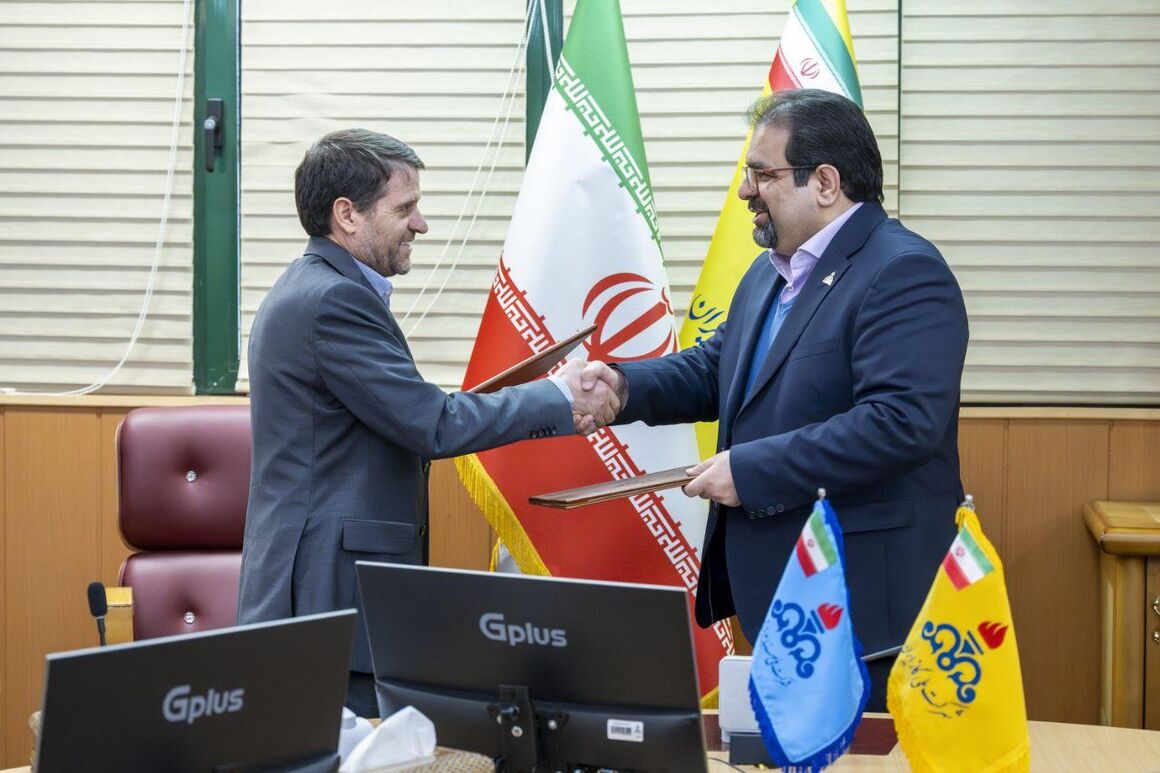At the signing ceremony on Wednesday, Saeid Tavakoli, CEO of NIGC, emphasized that the initiative aims to ensure continued access to natural gas and electricity for citizens.
“This agreement utilizes the capacities of petrochemical companies to secure resources for engaging non-governmental organizations (NGOs) and investors in the campaign to reduce gas and electricity consumption by 10% during the cold months, while also promoting energy-saving practices and consumption reform,” he stated.
Tavakkoli explained that the program is designed to lower gas and electricity consumption in residential, public, and commercial sectors by encouraging public cooperation through NGOs, schools, and local media.
These entities will play a key role in advocating for energy efficiency during winter, contributing to the stability of the distribution network.
To incentivize participation, the campaign offers valuable social rewards and high-efficiency gas equipment to consumers. Tavakoli expressed gratitude for NPC’s involvement, adding, “We must maximize the use of such tools to support the nation’s economic engine, where the petrochemical industry plays a crucial role.”
He noted that adjusting consumption patterns during winter is a practical solution for addressing energy imbalances, a measure implemented globally.
“Our gas consumption currently exceeds production levels, forcing us to impose restrictions on productive sectors to safeguard residential supplies,” Tavakoli said.
Collaborative campaign: Industry, citizens working together
Hassan Abbaszadeh, CEO of NPC, lauded the efforts of NIGC employees and management in providing reliable services during the cold season. He highlighted the importance of industrial collaboration in preventing serious disruptions.
“Planned reductions and adjustments to industrial gas supply have minimized potential damages to the industry while making a significant contribution to consumption management,” Abbaszadeh stated.
He urged industry leaders to protect their sectors from the side effects of fuel supply interruptions. “In the petrochemical sector, we worked closely with companies, setting benchmarks to reduce gas usage, and the results have been positive,” he explained.
Abbaszadeh stressed the importance of unity, saying, “We must recognize that we are all part of one system. When we do, it becomes clear that limitations are in the best interest of the nation and its people, and we should implement these directives wholeheartedly.”
He also thanked citizens for participating in energy-saving initiatives such as the “2 Degrees Less” campaign. “We invite everyone to join this effort, which enhances our ability to serve the public and sustain industrial production while enjoying the rewards planned for participants,” he added.
Under this agreement, NGOs and stakeholders will play a role in encouraging reduced energy use. Citizens who cut their gas and electricity consumption by 10% will receive a share of a 4 trillion rial ($5.2 million) reward pool as petrochemical companies will fund the initiative, with the gas saved allocated to ensure the sustainable production of valuable petrochemical products.


Your Comment